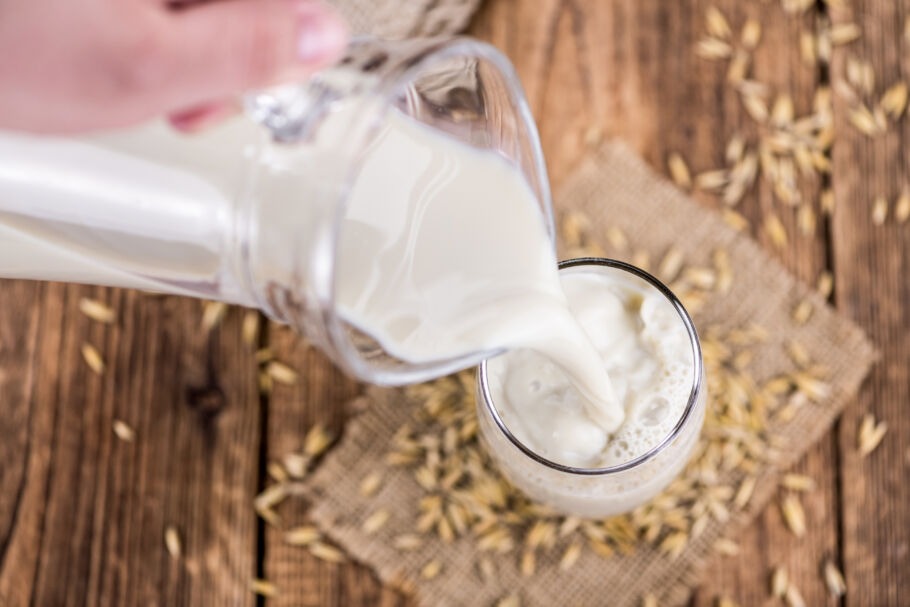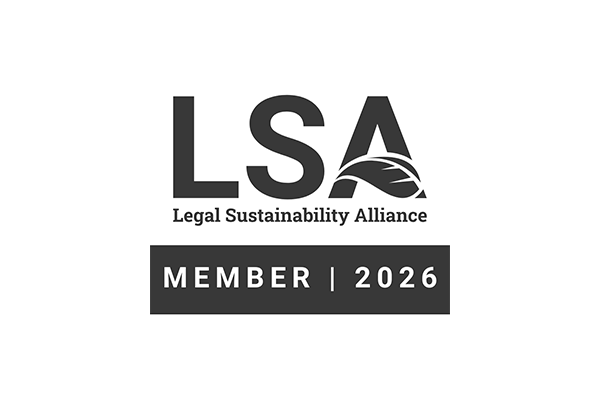
Contributors: Alison Rochester
Date published: 21 January 2021
EU trade deal: rules of originEU trade deal: rules of origin
From 1 January 2021 the UK no longer benefits from the concept of “free movement of goods” that sits at the very heart of the EU Single Market. However, as part of the Trade and Cooperation Agreement, the UK and EU have agreed to create a free trade area which involves tariff and quota-free trade in goods between the two sides.
Trading under a free trade agreement – even one with zero tariffs or quotas – will be very different compared to the frictionless access that the UK previously enjoyed as part of the Customs Union. One of the key changes for traders to be aware of is that rules of origin will determine whether goods crossing the UK-EU border will qualify for the preferential trade terms under the trade agreement.
Rules of origin are effectively the rules that determine the “economic nationality” of a product. They will be used to enable importers, exporters and regulatory authorities to determine whether a product does in fact benefit from a zero tariff rate under the trade agreement because it “originates” from either the UK or the EU, rather than somewhere else in the world.
For many products that are traded, such as natural resources, minerals or plants, or products that are grown or harvested, determining the country of origin is often straightforward. However, in other cases, particularly those involving complicated supply chains that rely on components from more than one territory, determining the country of origin involves applying detailed and complex rules. For example, where components of a car are manufactured and assembled in different countries around the world.
As such, the rules of origin need be applied on a case-by-case basis. Where a product incorporates a number of foreign materials or relies on processes that take place in different countries, a range of factors will need to be considered to determine its “origin”. For example, whether there is a change in the commodity code classification of the end product compared to its constituent parts, or whether the value or weight of foreign materials is below an agreed maximum. In many cases there are specific processes that (if carried out) will change the origin of a product.
Many businesses reliant on cross-border supply chains or sales channels will face significant uncertainty and added costs in the coming months. Our trade and commerce team has a broad range of experience in advising UK and multi-national businesses operating across all sectors, assisting clients with ongoing business and trading requirements. If you would like further advice on this or another related matter, please get in touch with Alison Rochester or Roddy Forgie, of our trade and commerce team, or your usual Shepherd and Wedderburn contact.
This is the latest in a series of short bulletins offering high-level overviews of UK and EU trade developments including the Trade and Cooperation Agreement.
Click below to subscribe to future trade and commerce bulletins, in which we will consider some of the key aspects in the agreement from a trade perspective, including customs formalities and the potential for regulatory divergence. To view our November bulletin, please click here.
Contributors:
Alison Rochester
Partner
To find out more contact us here
Expertise: Commercial Contracts























